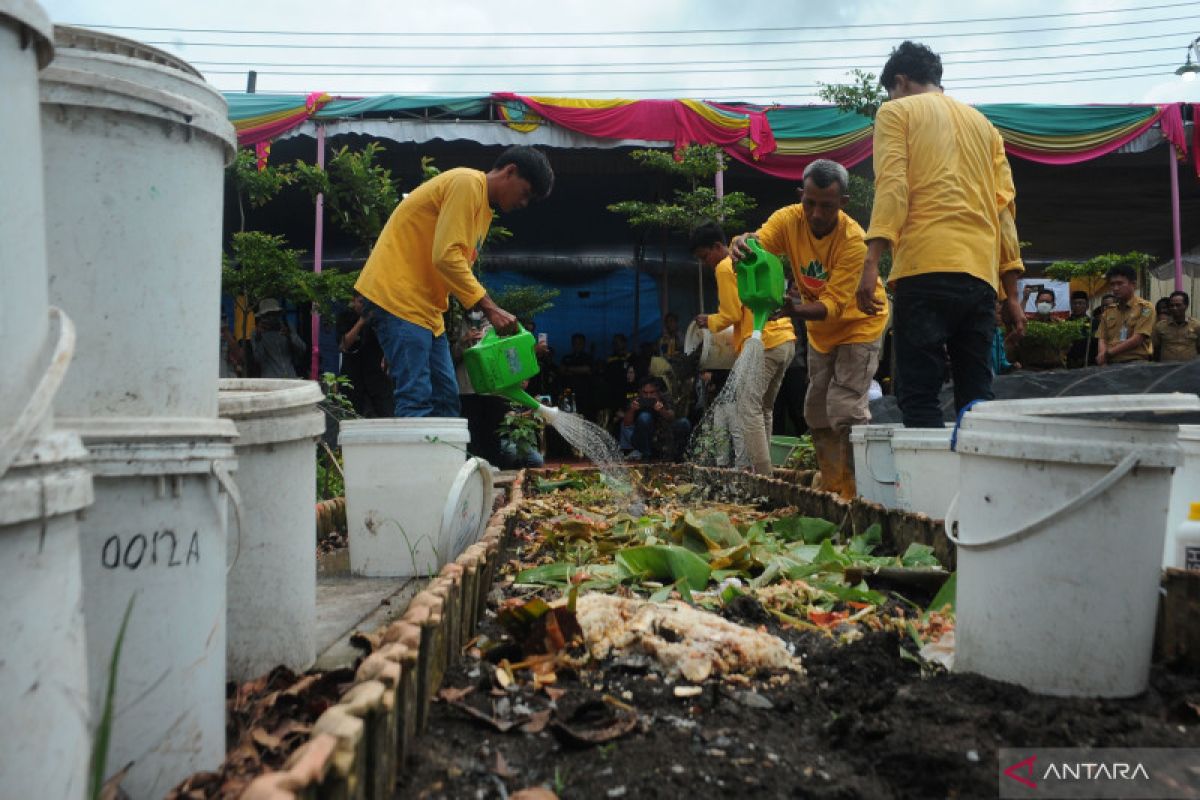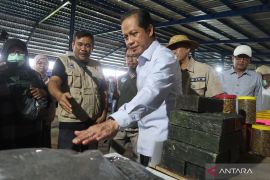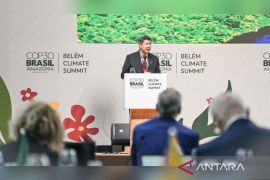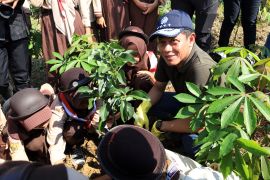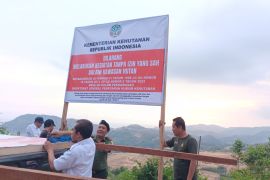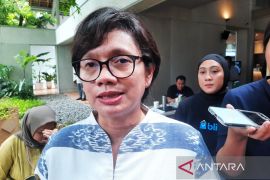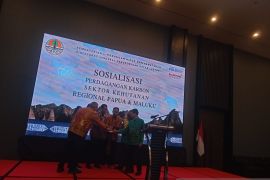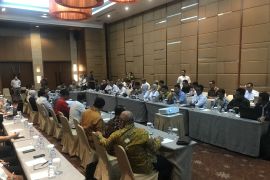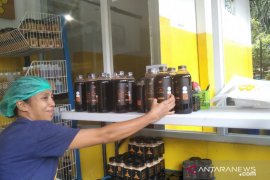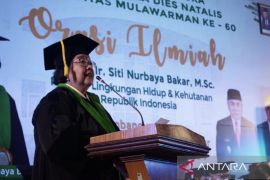According to the National Development Planning Ministry's research, during the 2000-2019 period, the amount of food waste in Indonesia had reached 23-48 million tons annually. The figure indicates waste per capita of 115-184 kilograms each year.
Food waste also increased greenhouse emissions, leading to a tear in the ozone layer due to methane produced by decomposition. Methane has a better capacity than carbon dioxide to trap heat in the atmosphere.
On February 21, 2005, a 60-metre pile of trash collapsed in Leuwigajah, Cimahi, West Java, claiming the lives of 157 people in the process. The tragic event serves as a reminder that not only can trash damage the environment but it can also kill people.
Currently, the most effective and efficient way to handle organic trash is to turn it into compost. It can be done at home or at a trash bank.
An environmental education community, Kebun Kumara, urges urban people to pursue gardening and turn food waste into compost so as to enrich the organic composition of soil.
Co-founder and CEO of Kebun Kumara, Siti Soraya Cassandra, stated that the community uses gardening as a starting point to get people to make compost. They established and designed a holistic, sustainable food garden somewhere in a corner of South Jakarta.
They can get fertilizer for free from food waste in just a short period of two weeks.
"We compel people to manage waste, turning it into black gold that will be humus at homes," she stated on the occasion of Compost Day in Lapangan Banteng, Central Jakarta, on February 25, 2023.
The process is rather easy. For this, one just has to pick the organic waste and place it in a biopore hole or a barrel and wait for the process to occur. If one is looking for a faster process, then EM4 liquid can be added to the pile.
This compost-making activity can cut down expenses and save resources as well as energy, as the organic waste does not have to go through a lengthy process to reach the landfill.
It can also offer an amazing insight into the miracle of nature in the form of creation of humus that provides nutrition to plants for their growth.
Compost benefits
The Environment and Forestry Ministry recorded that in 2022, some 68 million tons of trash had been recorded in Indonesia, with food waste being the largest contributor to the pile, at 41.27 percent, while some 38.20 percent came from households.
Environment and Forestry Minister Siti Nurbaya Bakar emphasized that compost-making has become a crucial activity, as it makes the soil richer with nutrients from organic materials. The organic materials in soil will improve its water-holding capacity, which in turn will improve the soil's texture and structure.
"Sometimes, trees, even though we do not water them, they keep growing. It is because the soil has water-holding capacity. Hence, the soil is able to water the plant," she elaborated.
Compost and humus bear several similarities, as they are derived from the decomposition of organic materials that are important for plants.
Their only difference is that compost is made through human intervention, whereas humus forms naturally from leaves and branches in tropical rainforests.
The minister said that a hundred years of natural decomposition of materials can only create a one-centimeter layer of humus.
Hence, making compost from organic waste is increasingly important and beneficial to the environment, as facts from scientific researches also clearly point at those.
The government encourages people to reduce organic waste, slowly but surely, by managing waste at home.
2030, zero waste
Through the Enhanced Nationally Determined Contribution in September 2022, Indonesia has voiced its commitment to the world on contributing to the efforts of greenhouse gas reduction.
The document details the government's commitment in climate change control that include the target to reduce greenhouse gas emissions from waste materials.
The ministry believes that it can make Indonesia waste-free by 2030. Several arrangements have been made to pursue the target, such as waste management with the application of a circular economy approach.
The government has tapped into all aspects in waste management, such as by emphasizing manufacturers' or producers' responsibility, promoting zero waste lifestyle, as well as developing trash banks.
The national waste management information system of the Environment and Forestry Ministry recorded that currently, there are 13,716 units of trash banks available across the country.
Waste management is also conducted by promoting waste as materials for recycle as well as using methane from organic waste as a source for alternative energy to replace LPG or electricity.
Through the active participation of one and all, the target to achieve zero waste has shifted the waste management scheme to the upstream.
Director General of waste management at the Environment and Forestry Ministry, Rosa Vivien Ratnawati, stated that if everyone in Indonesia can manage their own waste by making compost out of it, then each year, some 10.92 tons of organic waste would not be sent to landfills, and it can reduce greenhouse gas emissions by 6.8 million tons of carbon dioxide equivalent.
"When we manage waste, then the waste can give economic benefit and improve public welfare," she affirmed.
Making compost is not merely an act of turning organic waste into fertilizer, but it is also a simple way to reduce the burden on landfills and be good for the earth in addition to maintaining soil health.
Related news: How Indonesia fighting waste crisis
Related news: Gov't launches Conscious Living program in Jakarta to manage waste
Editor: Rahmad Nasution
Copyright © ANTARA 2023
